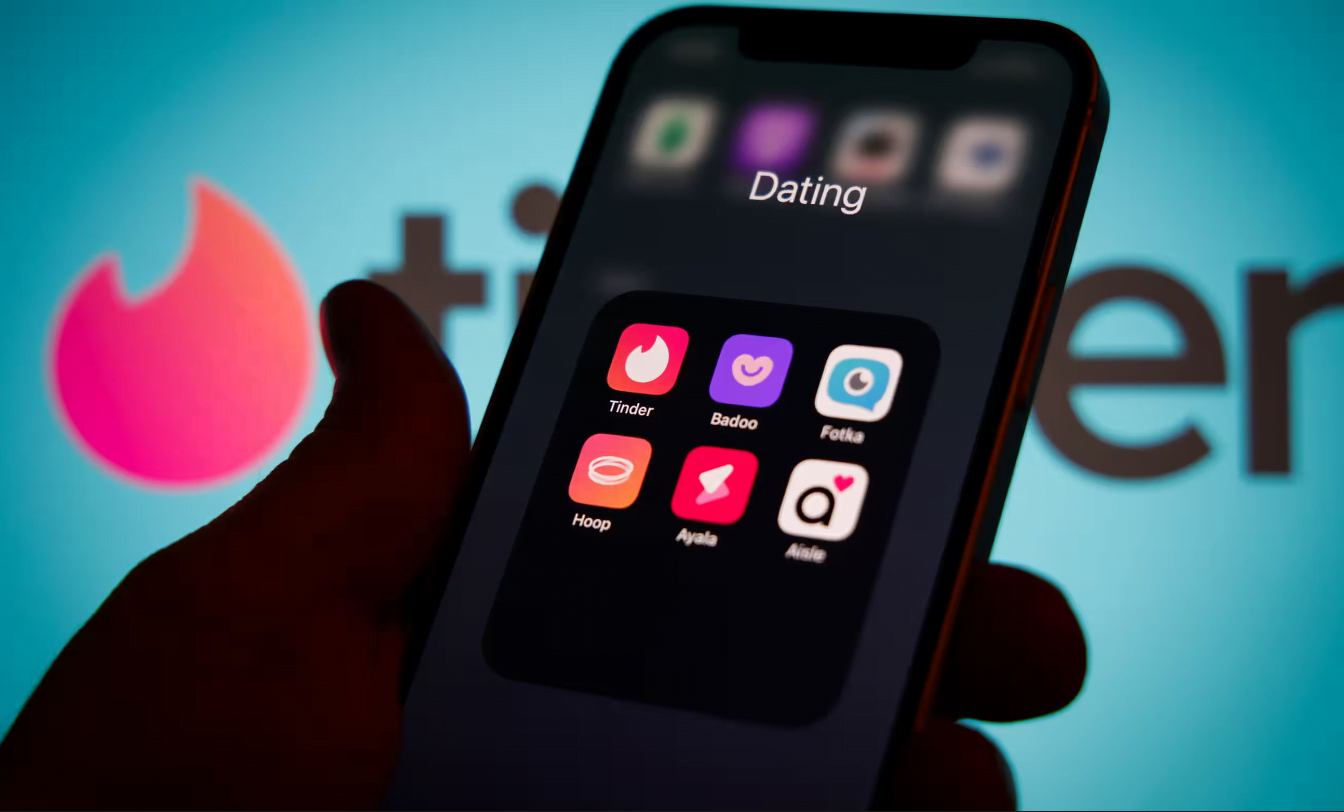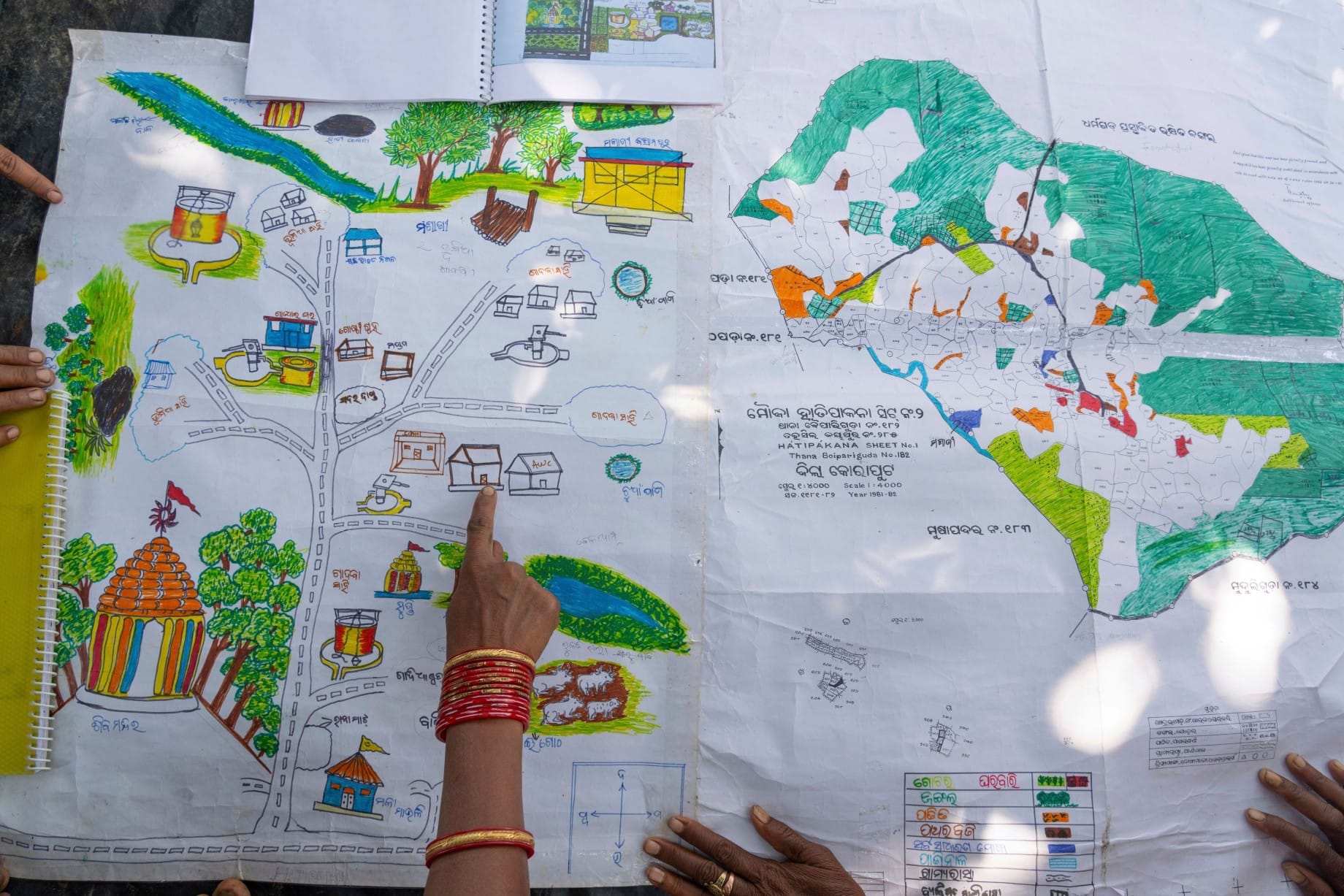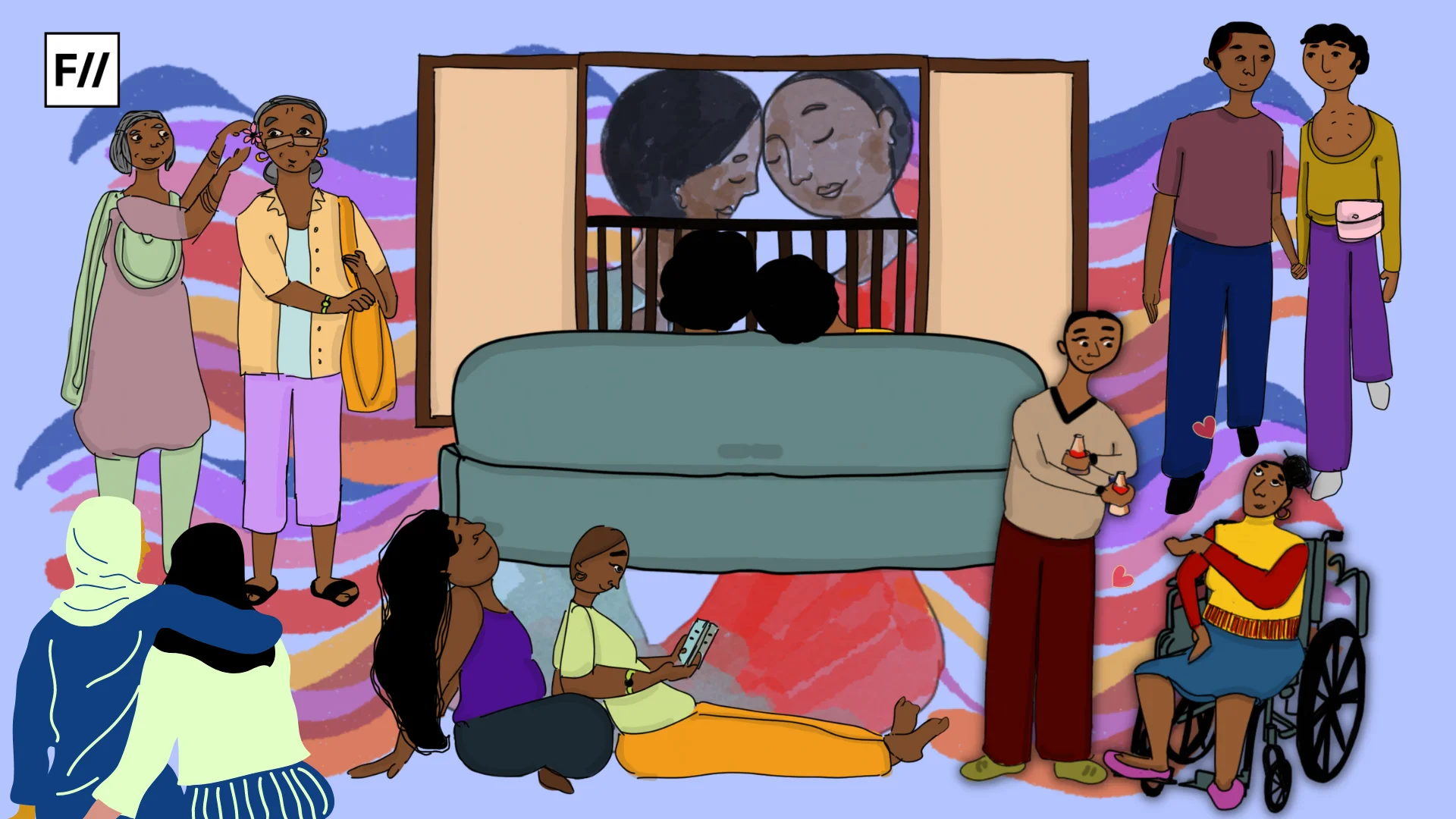As February rolls around and love is in the air, here’s something that will startle you: lots of people in India, about 66 per cent, are getting caught up in tricky online dating scams. A stark warning emerges from cybersecurity experts from Tenable, a global exposure management company, which has highlighted the evolution of these scams, revealing an unsettling blend of traditional manipulation tactics seamlessly integrated with cutting-edge technologies, including generative AI and deepfakes.
According to the report, not only have online dating scams seen a significant uptick, but 43 per cent of Indians have also experienced AI voice scams, and a staggering 83 per cent of them have suffered financial losses as a result.
The fusion of age-old manipulative techniques with advanced technologies presents a potent threat to unsuspecting users seeking love in the virtual realm.
Online dating scams involve creating fake profiles on dating sites or social media platforms and luring unsuspecting users into romantic relationships. The scammers then exploit the emotional attachment of the victims and ask them for money, gifts, personal information, or sexual favours. Sometimes, they also threaten to expose the intimate conversations or photos of the victims if they do not comply.
In response to the increasing prevalence of online dating scams in India, Prachi Pratap, an advocate of the Supreme Court of India, said, ‘According to the National Crime Records Bureau (NCRB) data for 2022, there has been a 24 per cent increase in cybercrime cases in India. However, there is no sub-classification for online dating scams and one can gather information from the subcategories where there were 42000 cases of fraud, 3600 cases of extortion, and 3400 cases of sexual exploitation.’
Pratap feels that registered numbers and the actual figure might be a lot more where complaints were never filed due to social stigma, lack of procedural knowledge, and absence of legal awareness.

In a recent incident, Shivam, a Tinder user in his early 20s, found himself in an unusual situation that underscored the importance of trusting one’s instincts in online dating.
The user matched with a profile named Roshni who stood out from the typical Tinder interactions. ‘Roshni’s responses were lightning-fast, and she was insistent on meeting on the same day,’ Shivam recounted. As someone who generally preferred a more gradual approach to getting to know someone, this set off red flags for Shivam.
When Shivam suggested moving the conversation to WhatsApp and asked for Roshni’s contact number, the response was evasive, and the topic was swiftly changed. ‘Roshni declined and changed the topic, which was a bit unusual, however, I shared my number with her to call me at her convenience,’ Shivam said.
The situation was unsettling when Roshni, despite claiming to be alone, urged Shivam to meet at a mall within the hour. When suggested an alternative meeting point at a Hauz Khas metro station, Roshni declined, asserting she was already at the mall, even though a distinct male voice could be heard in the background.
Choosing to trust his instincts, Shivam decided to forego the meeting. ‘I had a bad feeling in my stomach about the meeting, so I avoided meeting her,’ Shivam explained. The situation escalated when Roshni began calling persistently on Shivam’s phone from an unknown number, sparking fear and discomfort.
‘I checked the number on Truecaller, it showed a different name and the WhatsApp display was of a man with a business number tag,’ Shivam revealed. This discovery confirmed that the initial instincts were right.

Shivam’s encounter serves as a stark reminder of the potential risks associated with online dating. ‘I realised that I was right about my instincts,’ Shivam added. His experience highlights the importance of prioritising personal safety and listening to one’s intuition, especially when faced with unusual or unsettling circumstances.
Pratap shared that she has personally dealt with cases where the victims have been scammed of money ranging from thousands to lakhs. ‘Online dating scams have affected people from all walks of life, from young adults to retired men. The scammers can be men posing as women, women posing as men or even organized gangs that hire women to seduce men to extract money. Then there are men targeting women, especially single ladies and widows. There have also been cases where women spend a night with the victim/accused and file false rape cases,’ she added.
The challenge is that dating sites and social media platforms do not have any verification mechanism to check the authenticity of the profiles.
‘Fake profiles cannot be controlled. Moreover, many people do not share their online lives with their offline friends and family due to over-connectedness or fear of judgment. This isolation increases their vulnerability and makes them easy targets for the scammers,’ Pratap explained.
Dhairya* a 25-year-old employee of a corporate company shared a troubling experience he encountered through the dating app Bumble last year. Dhairya matched with a girl who claimed to be a student at Delhi University. The girl wasted no time in suggesting a meeting, promptly messaging Dhairya with a straightforward “Let’s meet today” after their match. Agreeing to the meet-up, Dhairya found himself at a restaurant in Cross River Mall at Shahdara, Delhi as per the girl’s choice.
Upon arrival, the situation took an unexpected turn. ‘She ordered food and took a few vodka shots. But when the bill arrived, it was a handwritten bill without any mention of taxes, and they billed it for 10 thousand rupees,’ Dhairya explained, expressing his shock and disbelief.
Caught off guard and unsure of how to handle the situation, Dhairya hesitated to approach the police out of fear. ‘I was not sure if I should approach the police because I was scared,’ he admitted.
The incident leaves a trail of questions regarding the authenticity of the girl’s identity and raises concerns about potential scams on dating platforms.
‘This experience made me realise the potential dangers of meeting strangers through dating apps. It’s important for users to be cautious and vigilant,’ Dhairya emphasised.

Pratap underscored the importance of vigilance even during in-person meetings, citing instances of extortion in pubs where unsuspecting individuals faced exorbitant bills and subsequent blackmail. She emphasised, ‘Be cautious before sharing personal information and use logic above emotions.‘
She further advised, ‘It is acceptable to share your dating situation with some close friends or family so that others are in the loop about any possible problems.’ She suggests, ‘To counter the use of fake images by employing a reverse image search.’
Arham, a 26-year-old master’s student and Tinder user was entangled in a web of deception that escalated into an attempted extortion.
‘Matching with her on Tinder seemed like a regular interaction, but things took a dark turn when she insisted on a video call,’ Arham shared, reflecting on the unsettling experience. ‘During the call, she abruptly shifted the conversation towards explicit content, leaving me a bit shocked and uncomfortable.’
‘In a moment, she lowered her phone to show me her breasts. Within a few seconds, she ended the call and sent me a screenshot of the video call,’ Arham recounted.
The situation took a sinister turn when the girl began to blackmail Arham for money. ‘She demanded 50 thousand rupees, threatening to upload the recording online and send it to my contacts,’ Arham revealed, expressing the initial fear and anxiety he felt.
‘I was scared initially, but I contacted my lawyer friend, and together we filed a cybercrime report,’ Arham explained. He emphasised the importance of seeking legal assistance in the face of such threats and scams. ‘It’s a reminder that not everyone online has good intentions, and one should be cautious,’ Arham added.
With the rising prevalence of online interactions over dating apps, users are reminded to exercise caution, especially when sharing personal information or engaging in video calls with strangers.

Pratap feels despite legal provisions, victims are often ashamed to divulge full information due to social shaming. ‘Reporting is important, many victims avoid reporting due to social stigma,’ Pratap added. Reporting remains pivotal in creating a safer digital environment and the societal aspect complicates the resolution of such cases.
Pratap shared, ‘Under the new Bhartiya Nyay Sanhita, cybercrime is explicitly mentioned under organised crime, However, cyber crimes and online dating are still a mixed bag and to prosecute we borrow sections from different acts like the Information Technology Act, IPC and Cr. P.C.’
On September 17, 2023, dating app Tinder announced the launch of a first-of-its-kind dating safety guide for online daters in India, in partnership with the non-profit Centre for Social Research (CSR).
The dating safety guide aims to educate daters on how to make the most of their dating experience, while also staying alert, both online and offline.
Aahana Dhar, Director of Communications, Tinder India, in a press statement, said, “Safety is at the core of everything we do at Tinder. We’re constantly investing in ways to keep users safe while they’re using Tinder — including a robust suite of safety features and in-app education. This initiative aims to create greater awareness of the safety tools and resources available on Tinder, and we hope this dating safety guide will serve as a useful go-to resource for users.”
*names have been changed to protect the identity





